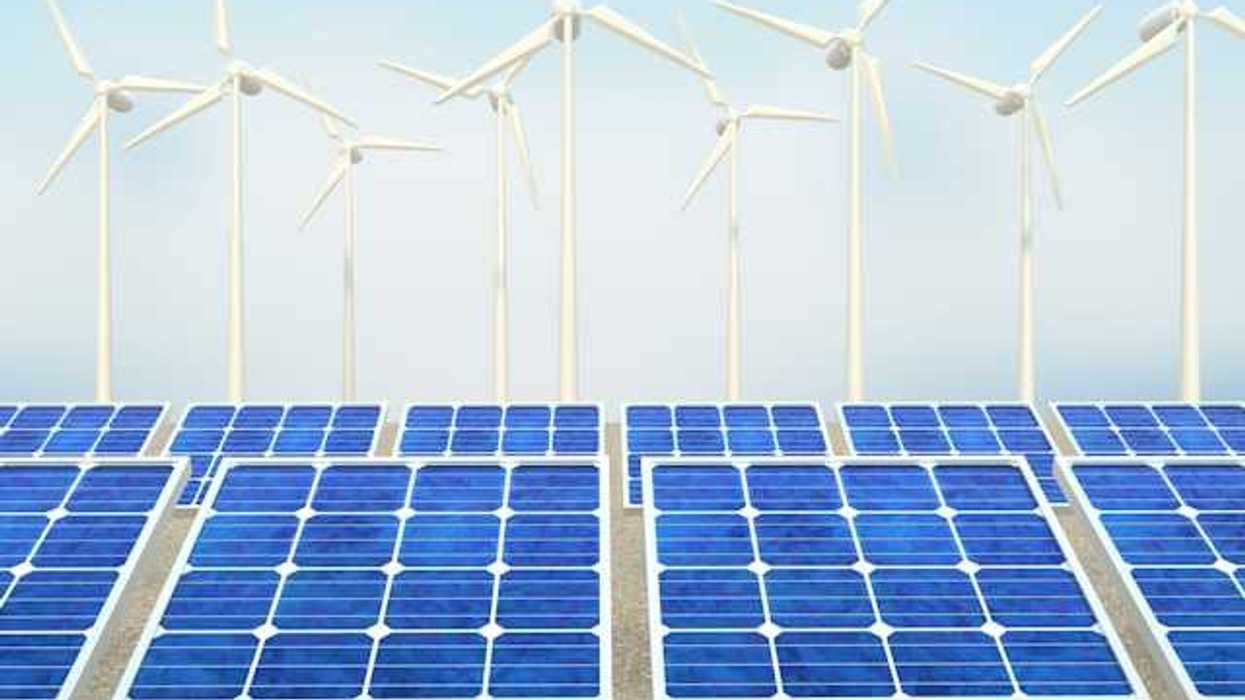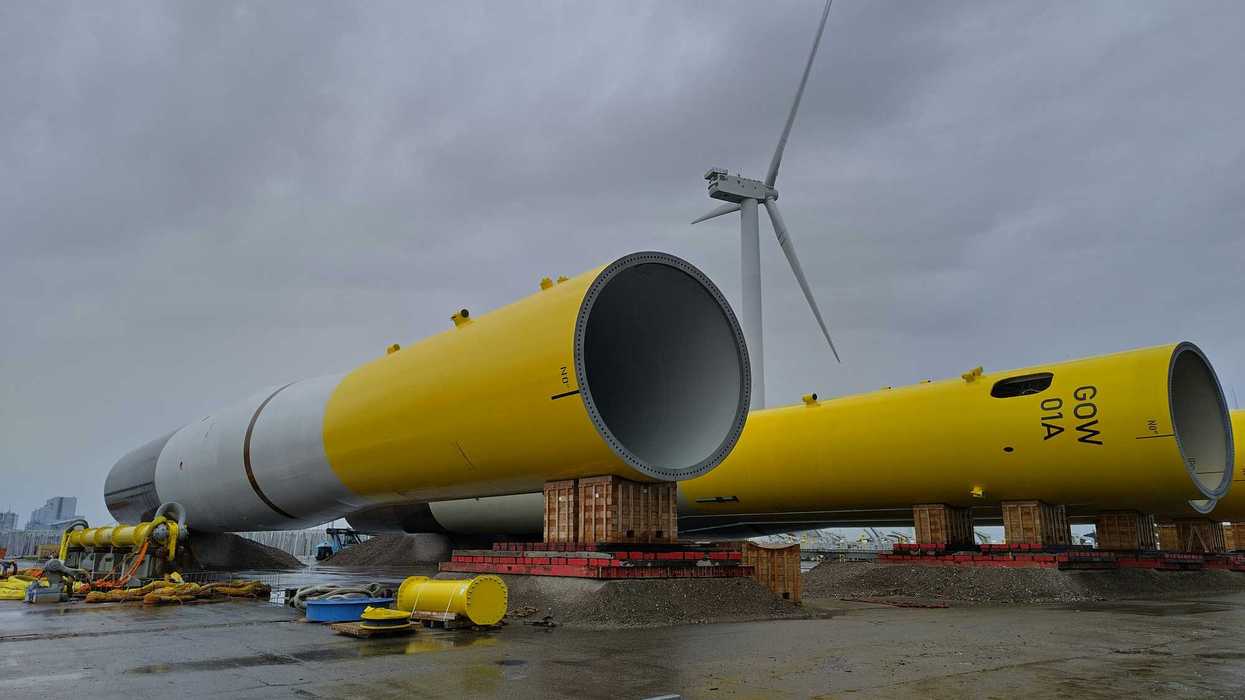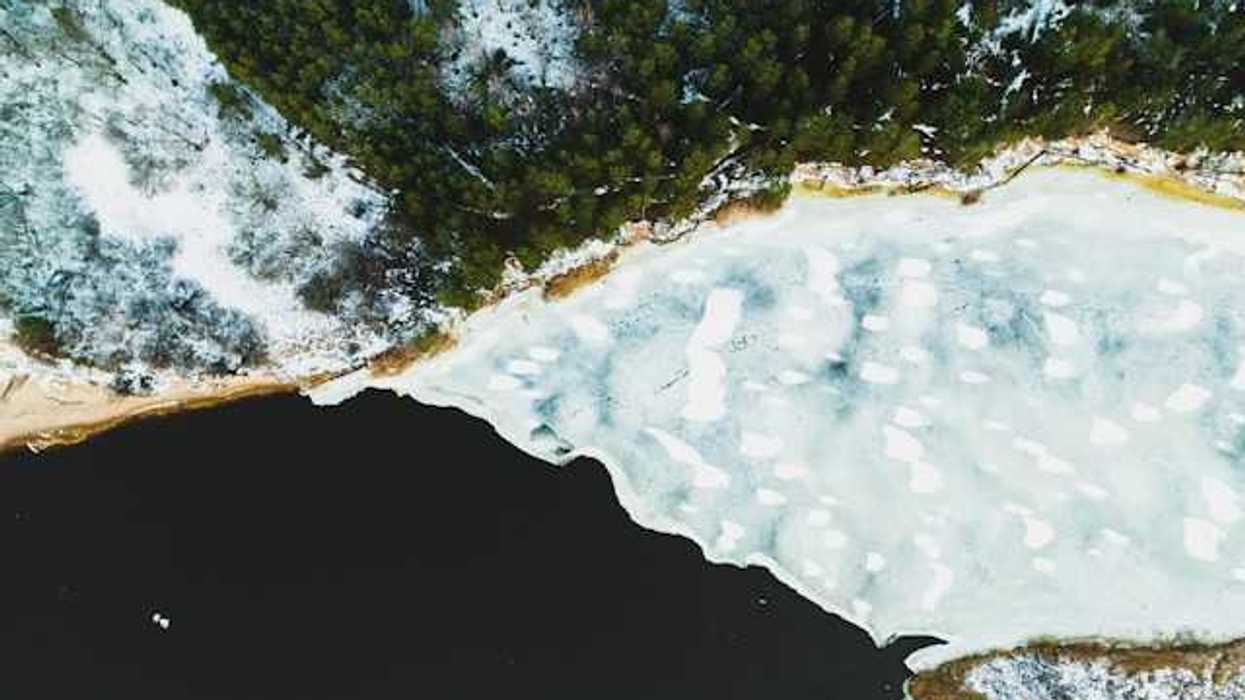British Columbia’s energy regulator granted Canadian Natural Resources Ltd. a long-term exemption from pipeline decommissioning rules without public disclosure, raising concerns about transparency and industry influence.
Matt Simmons and Zak Vescera report for The Narwhal.
In short:
- In 2020, the BC Energy Regulator allowed Canadian Natural Resources Ltd. (CNRL) to delay decommissioning more than 4,300 inactive or soon-to-be inactive pipelines, bypassing a legal 18-month deadline.
- The exemption was not made public and covered pipelines that could pose environmental risks if left unattended; regulators cited “public interest” and “impracticality” as reasons for the deal.
- Experts warn the quiet exemption sets a troubling precedent for regulatory accountability and industry influence, especially as regulators decline to penalize companies for non-compliance.
Key quote:
“If a company, whether large scale or small, is being given a formal exemption from a binding law, that should be public. Because otherwise, how are citizens to know that laws are being evenhandedly and faithfully executed?”
— Kathryn Harrison, political science professor at the University of British Columbia
Why this matters:
At the center of the controversy is one of Canada’s largest oil producers, which reportedly avoided both fines and its legal obligation to decommission unused sites. The fallout reveals a troubling pattern: environmental protections on paper often wither under pressure from powerful industries, especially in resource-dependent regions. It’s a particularly stark dilemma for a province grappling with the contradictions of a green transition while remaining economically tied to oil and gas. As more wells and pipelines fall idle, the burden of cleanup — both financial and environmental — may increasingly fall not on polluters, but on the public.
Read more: B.C. energy regulator allowed 1,000+ environmental violations to go unchecked














